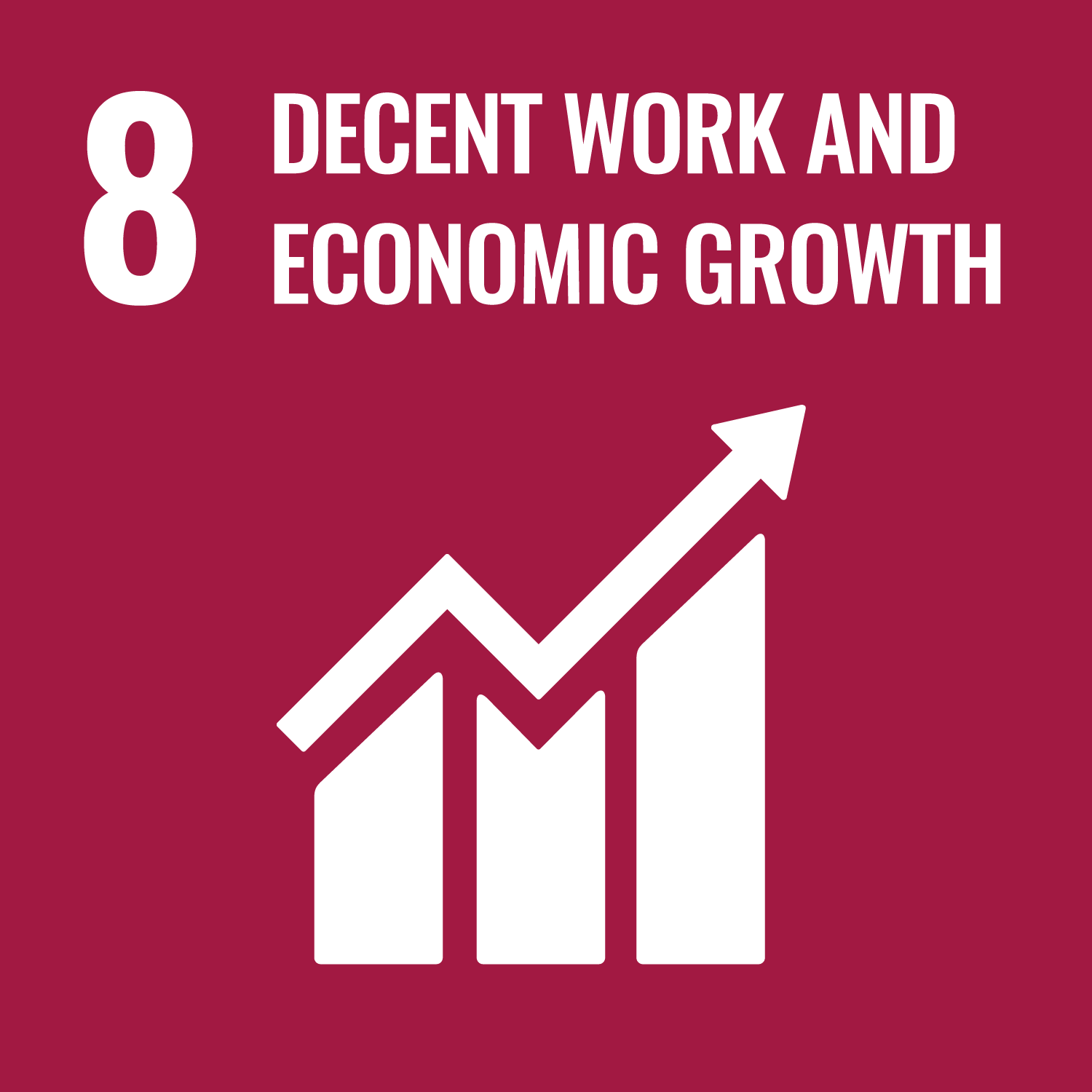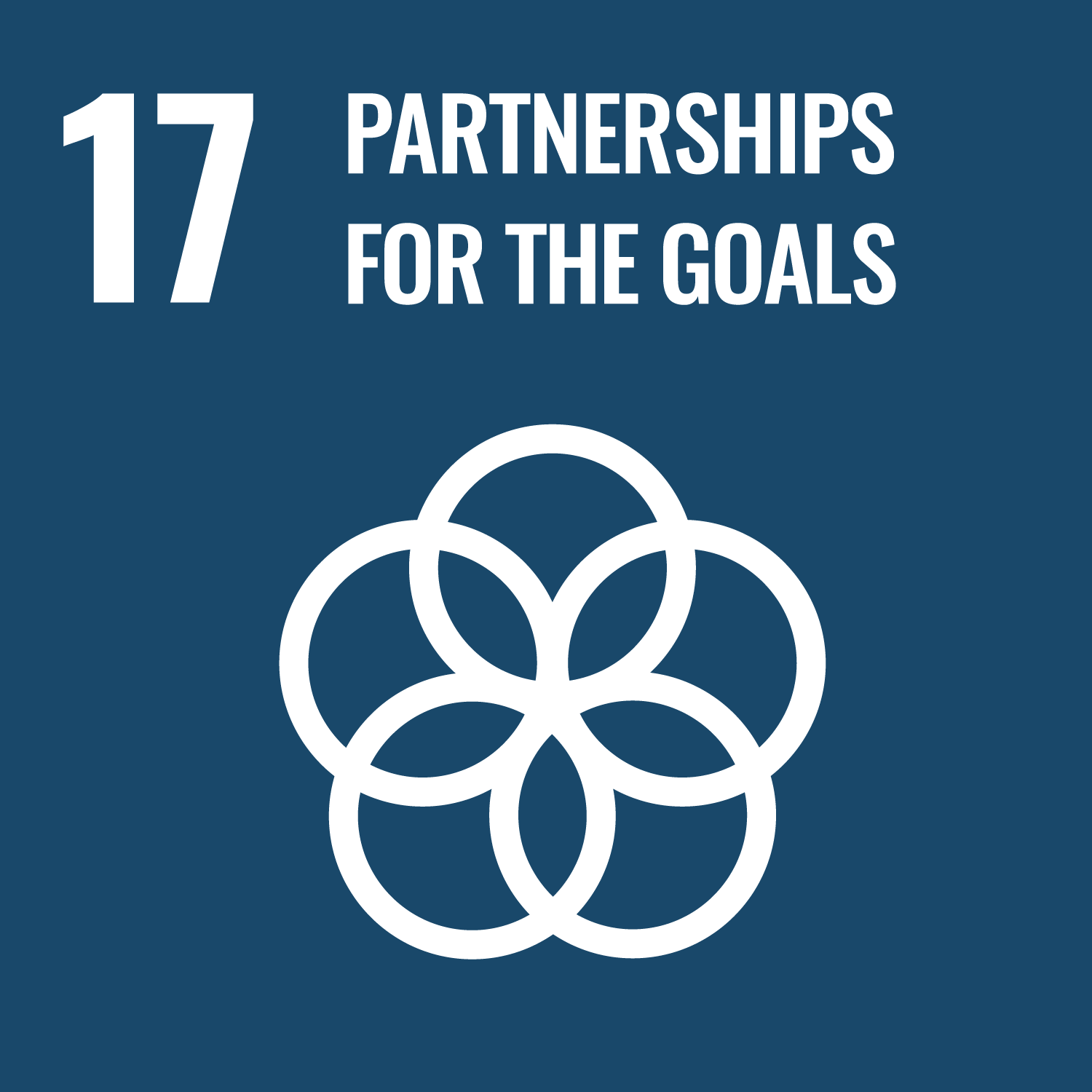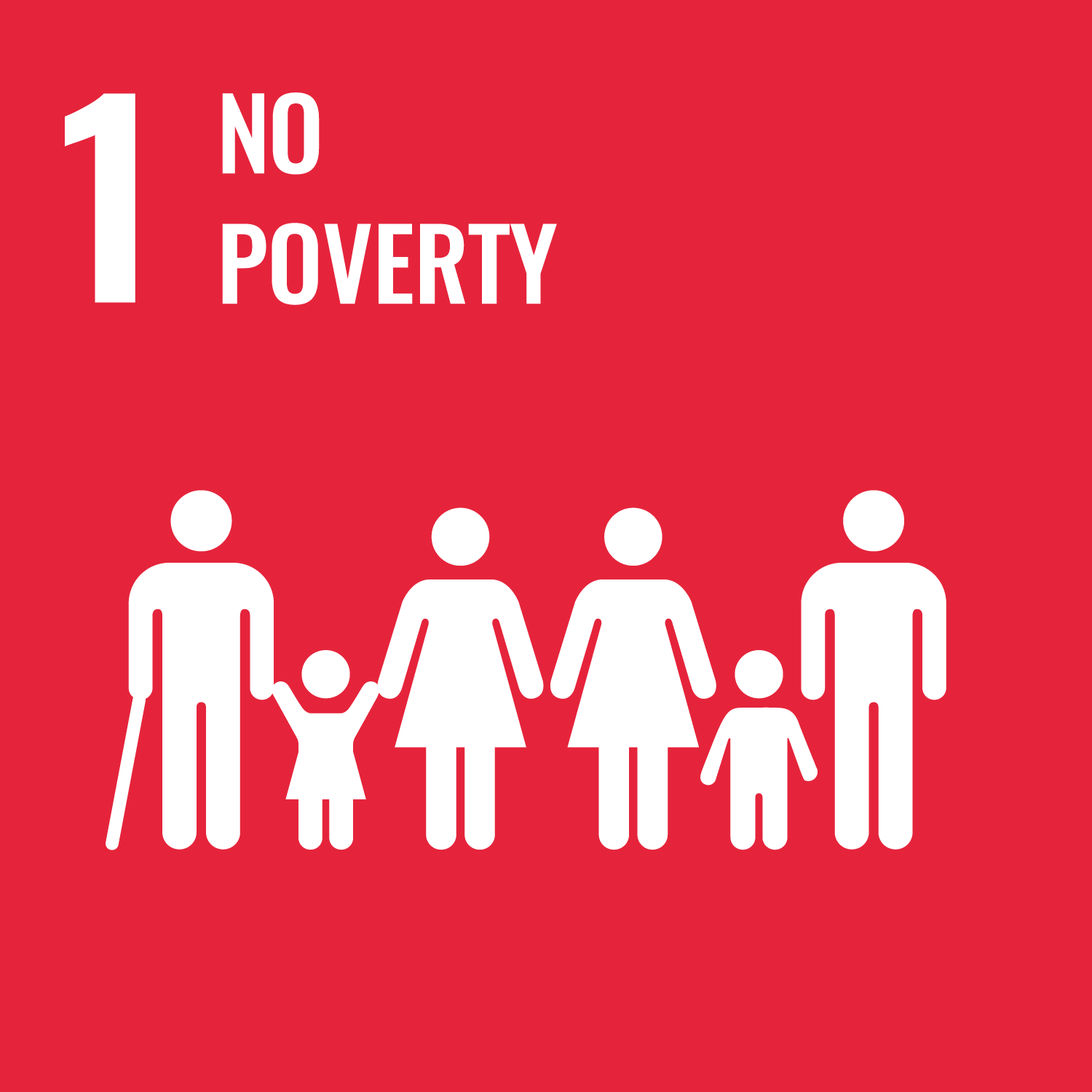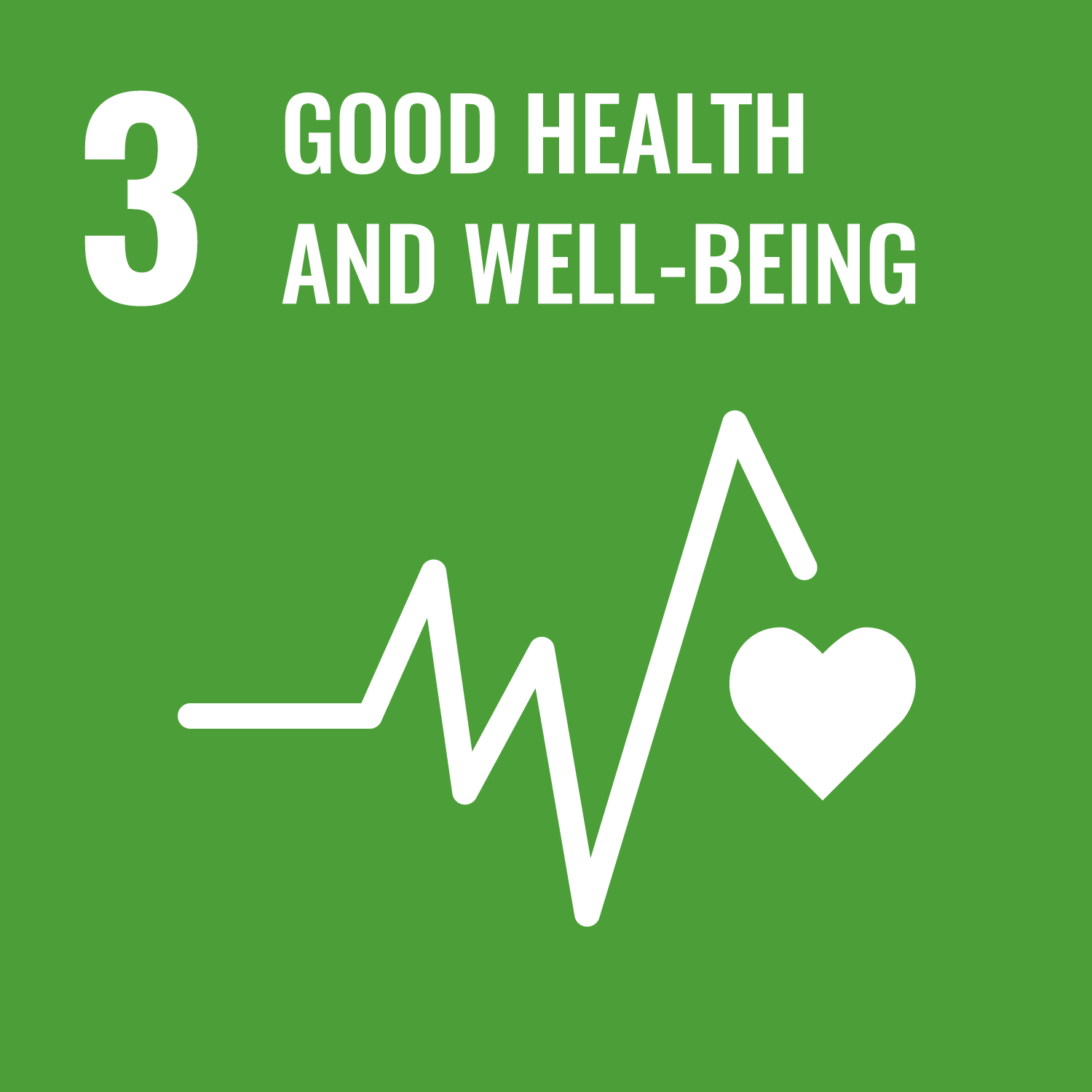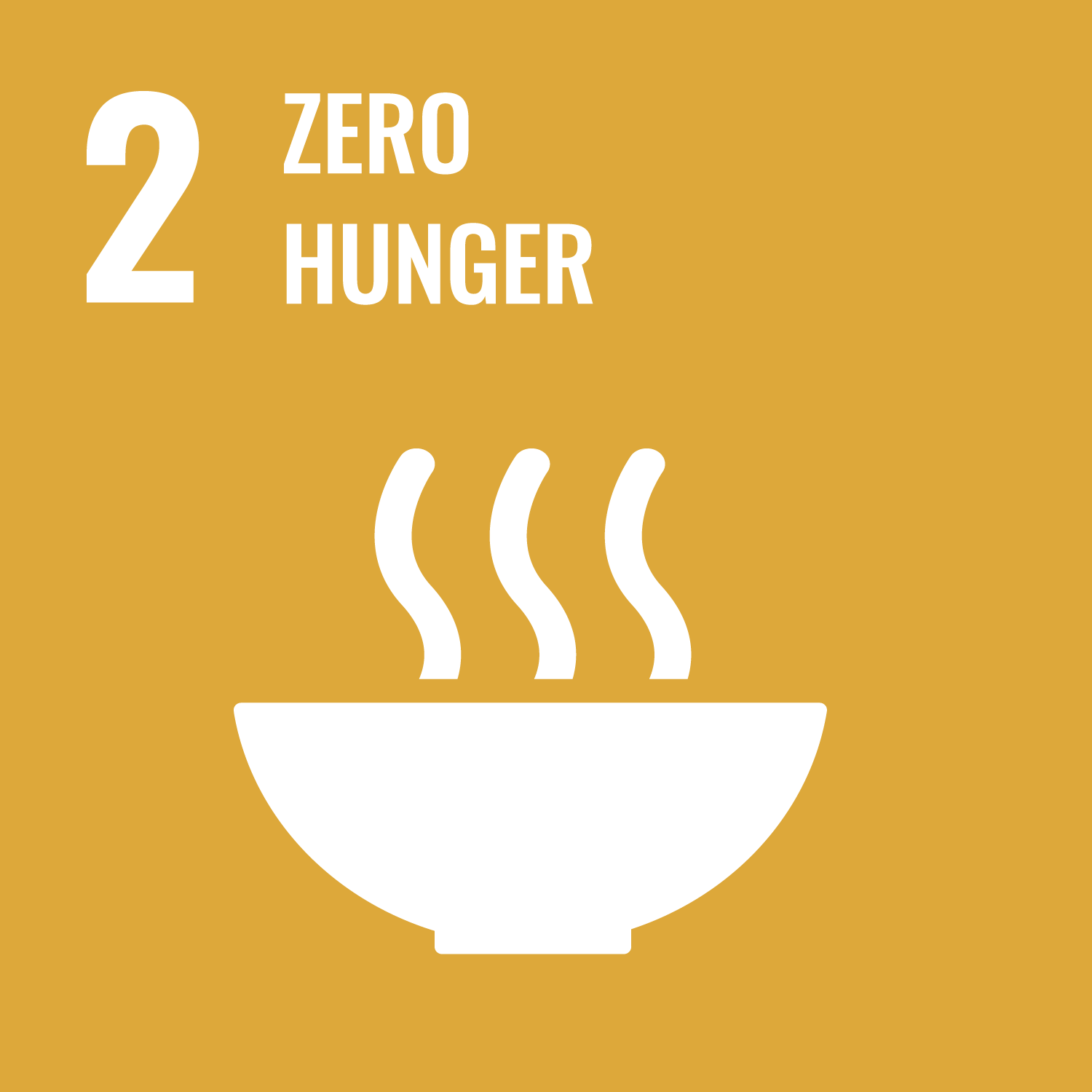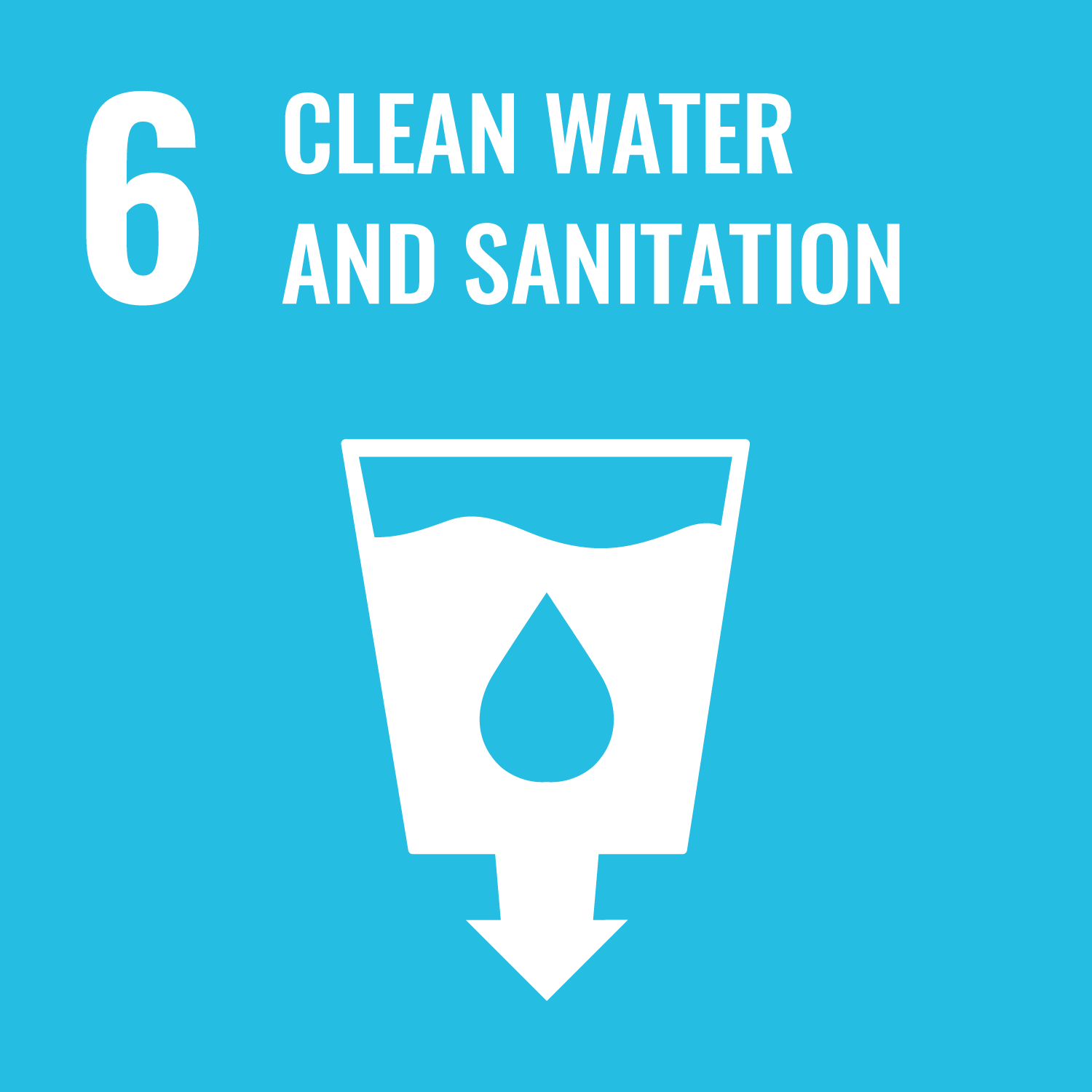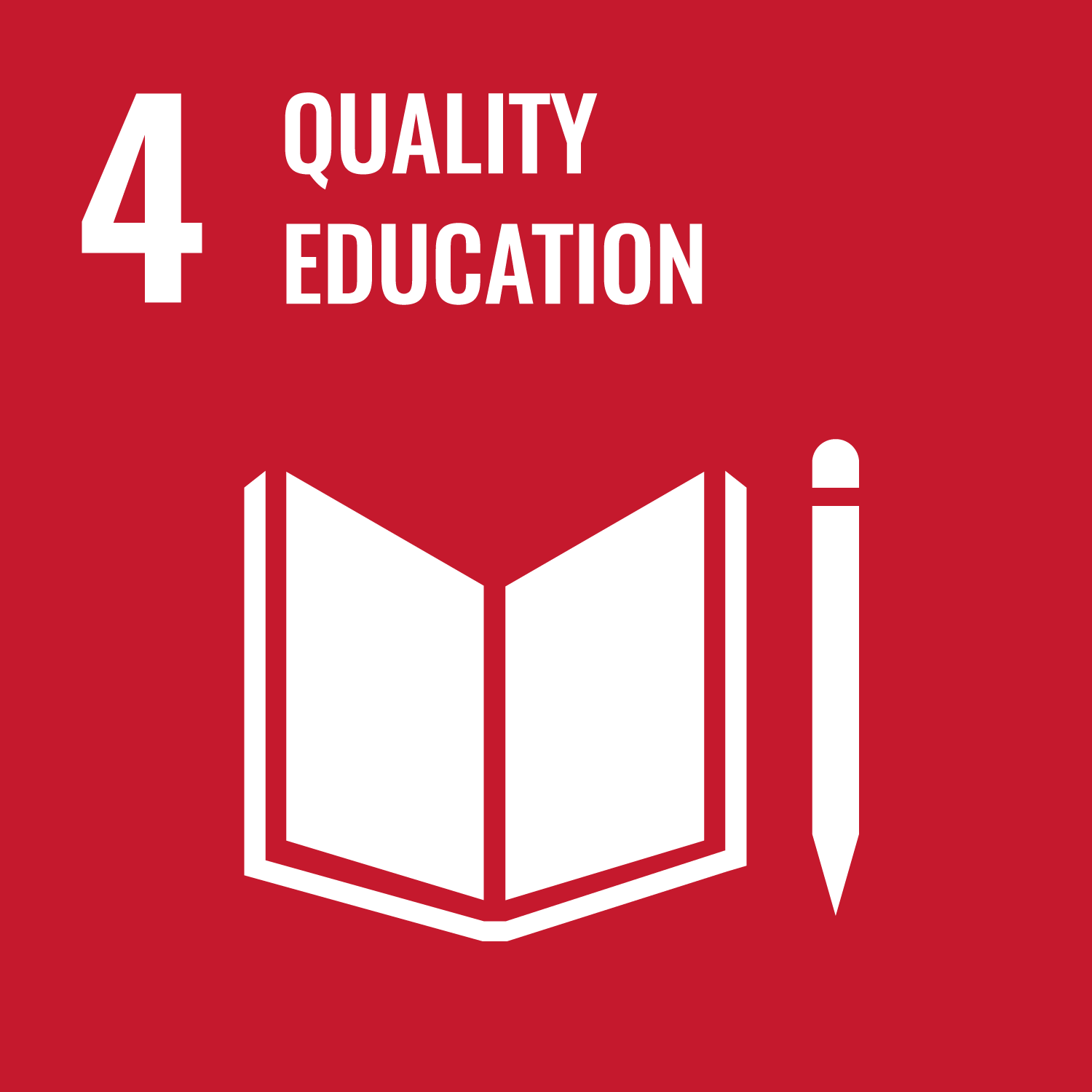This organization has not been verified by our team. We are working around the clock to get everyone approved.
Muslim Community Center for Economic and Social Services
- CSO Profile
- Campaigns
- Projects
- Events
MCCESS Uganda was founded for humanitarian, Relief Aid and development in Uganda
Overview
Organisation type
Nonprofit organisation
Country of Registration
Annual Budget
0 - 25 000 USD
Scope
National
Field of Activities
Organisation Laguage
English
Contact
Contact
Mr. Kalema Yahaya (President)
Website
Phone
+256392585058
MCCESS Vision Statement
“An empowered Muslim Community that participates effectively in the social and economic development of the country”.
MCCESS Mission Statement
“To ensure that Muslims especially the vulnerable groups are part of the potential resource base needed for the purpose-driven development of the nation at all levels.”
Objectives and Values.
MCCESS has a wide range of projects, but an overall objective is to help disadvantaged people, Muslims and their communities to become strong, developmental, healthy with the hope of having them become self-reliant in the future, and as a Muslim organization, MCCESS is following the Islamic values and principles as a foundation for all its work.
Objectives of MCCESS
Based on the desire to improve the Muslim welfare and betterment in Uganda under the fields of Socio-Economic development, the general objectives of MCCESS are:-
i. To promote and preserve the Islamic values of peace, compassion, tolerance, equality, justice and human dignity.
ii.Revival of the Muslim unity, solidarity, glory, civilization, Science and technology in Muslim Communities.
iii.To promote Islamic Media and dissemination of Islam through theological and secular education system
iv. To contribute to the eradication of unemployment and poverty, and increase economic growth.
v. To aid and be part of International Islamic Humanitarian and Relief Organisations.
Our 5 core values
Missions: Our Islamic understanding of Missions motivates everything we do. The unreached and underprivileged groups of people are our major focus.
Morality: Occupies one of the greatest positions in Islam, so great that the Prophet (S.A.W) said, "I have only been sent to perfect moral integrity.” As if he (S.A.W) restricted the duty with which he was commissioned to this matter.
Rational Leadership and Team Work: We believe in a team-based approach to leadership. We invest in leaders and train them to realize their full potential as well as giving them tools and opportunities to be effective leaders. We believe healthy leaders produce healthy communities.
Empathy (Compassion): This is the core principles of the Islamic leadership, we show compassion to a hurting and broken world - feeling the feelings and emotions of others and being motivated to act.
Equality and love in action: Equality of Mankind and the Brotherhood of Islam, We believe in treating all people as we would like to be treated. We believe that people will feel valued and appreciated when we regard them with dignity and respect.
Core areas of focus
Through MCCESS Uganda’s work with vulnerable and marginalized groups in poverty dominated contexts, the organization has developed certain qualities and uniqueness, which has lead to MCCESS Uganda’s definition of core competences and sector focus to development strategic priorities.
Da’wah: Da’wah means a ‘call’ or ‘invitation’; which means to invite people to Islam and to the true understanding and practice of Islam, but many times, in context, it refers to the invitation to Islam extended to those who are yet to believe in or accept Islam. Allah instructs believers in the Quruan to: "Invite to the Way of your Lord with wisdom and beautiful preaching; and argue with them in ways that are best and most gracious. For your Lord knows best who have strayed from His Path, and who receive guidance" (16:125). MCCESS believes that a lot need to be done to curb challenges and to improve Da’wah in Uganda. Our contribution in this regard will include establishment of Islamic radio stations in different parts of the country so as Islam to be taught in the Language that people understand better, Establishing Muslim Community libraries, Implementation of standard Da’wah programs at community and mosque levels, establishment of street Da’wah programs, provision of scholarships to New reverts, The creation, and reinforcement of affirmative action for new converts, establishment of Da’wah endowment to support the Muslim orphans, needy and converts and Building of convert center fully facilitated to cater for Islamic education of new converts
Education: Islam is the religion that put knowledge before faith and makes it mandatory for all people to have and seek for knowledge wherever it could be and informs us to ask those who are more knowledgeable in all aspects of life therefore knowledge is key to all aspects of life. Through networking and strategic engagements with its members, MCCESS remains committed and will be working with and contributing to initiatives that aim at improving learning outcomes in schools and establishing education centers and promote/advocate for education more especially to the orphans, poor and needy children.
Health service delivery: The distribution of these health facilities seem fair, however there has been less or no consideration for remote communities whose access to these health units has been impossible (84% of total population walk more than 5km to the nearest health unit, practicing Doctor population ration: 1:29,502 , Nurse: Population ratio: 1:2,834 and Clinical Officer: Population ratio: 1:10,449 while deliveries in hospitals is at 44%). MCCESS will advocate and lobby for quality and equity health service, and outreaches through networking with health service providers and the government of Uganda and donors and establishing more healthy facilities in the rural areas.
Agriculture & Food Security Situation: Agriculture is the major economic activity in Uganda. The production sector in Uganda is comprised of five sectors which are: Agriculture, Veterinary Services, Fisheries, Entomology as well as Trade and Industry. The department also ensures that appropriate institutional linkages are maintained with all relevant sector agencies; comprising mostly crop, livestock, fisheries, forestry and industrial research, marketing organizations, NGOs and CBOs engaged in agricultural activities however Muslim communities are left out due to poverty which is due to lack of Islamic based initiatives to cater for these communities in all of these fields most especially in financial institutions being the core for development in the communities. MCCESS will work with various active actors in the agriculture sector, including farmer’s, organizations and relevant government agencies to ensure that support to the sector is improved and practices within it reflect balance between commercial orientation and food security demands more especially setting up Islamic based financial institutions to support the community members in getting Islamic based loan for agriculture which is not applicable today due to lack of Islamic based financial institutions to support people in the Muslim communities in Uganda leaving them not to participate in a commercial based agriculture for competition which has made 80% of Muslims live below the poverty line.
Access to safe and clean water: The major sources of water are protected springs, gravity flow scheme taps, boreholes, tanks and water jars. However there are still some populations that don’t have access to clean water 45% in many parts of the country such as Northern, Eastern, and parts of southern Uganda which face too much sunshine that dry up the water schemes, water jars which leave people with no option but using stagnant water for daily use, unclean water which has resulted into water bone diseases that has caused death to many citizens of the country mainly children. To cub water bone diseases and access to clean water, improve household hygiene and associated infections, MCCESS will continue to advocate for and lobby government and donor agencies for the extension of this service in the identified communities that have not received the service and also to lobby for borehole in hard to reach places or solar pumped water in dry areas like Karamoja, Kotido, Kitgum, Kabong, Apac, Nebbi, Moroto, and other northern districts that are affected by drought.
Access to financial services: For any meaningful intervention in rural communities, access to financial services is very key aspect. Access to affordable and friendly financial services is very instrumental in promoting their economic independence. The established Village savings and loans associations at micro levels have also been mismanaged while their savings base is still very low. The existence of SACCOs has not solved much given that they still offer loan services at a high interest rate. Poor saving culture and poverty lead to widespread defaulting on loans because most of the loans are for consumption and not economically viable.
Muslim access to affordable financial services is still a challenge because of the absence of flexible financial institutions to cater for all people without discrimination. There is need to develop Islamic financial institutions which not only favors the rich but also the poor without discrimination of religion, race, color nor education levels that are suitable and flexible to rural people, especially small peasant farmers. MCCESS will front through networking and lobbying through members and also establish through advocacy Islamic financial institutions in Uganda for all Ugandans to access quality financial services to drive people out of poverty.
Why participate?
i. To develop, strengthen and resource our organization
ii. To give Muslims a choice in their lives and solutions to the policies that directly affects them
iii.To ensure that there is improved Information network to raise awareness of the situation of Muslims and priority solutions for change, Islamic propagation Self reliance, development, women empowerment, and,
iv. Recognise and support Muslims as full and equal participants in mainstream activities in the Country and the World at large
